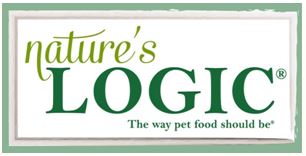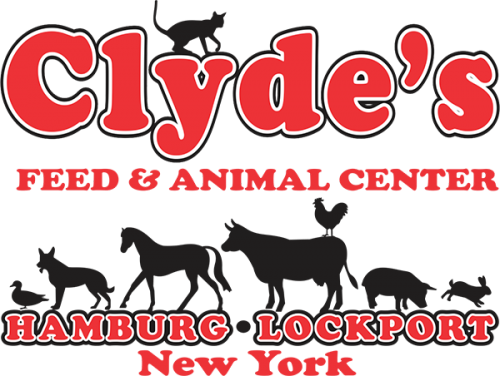
Recently, a high-profile television celebrity and pet food company announced plans for a new vegan dog food. A vegan diet is one that contains no animal content like meat, fish or poultry, and also no products that come from animals, such as milk or eggs. The spokesperson and manufacturer of the vegan pet food are certainly very well-meaning in their intent to do what’s best for pet. However, in this situation they may have let the marketers override the scientists. Most pet experts agree a vegan diet not the best option for healthy dogs and cats.
Vegan Diet Not Biologically Appropriate for Pets
In nature dogs and cats are meat-eating predators, or what scientists call carnivores. Cats are called “obligate carnivores,” which means their diet must consist primarily of meat. When wild dogs or cats consume their prey they eat the entire animal, including hair, bones, entrails, blood, stomach contents, etc. So the most natural diet for dogs and cats is one low in carbohydrates and high in protein derived from carnivore-appropriate animal ingredients.
Dr. Karen Becker, an integrative wellness veterinarian, states her concern that the “creation of a vegan dog food could persuade pet owners to remove animal protein from the diets of their carnivorous canine companions.”¹ Natural carnivores, like dogs and cats, should consume foods rich in protein derived from high-quality sources like beef, chicken, duck, lamb, fish, venison, and rabbit. A vegan dog food, by definition, would not contain any of these ingredients and would therefore need to supply protein and essential amino acids from non-animal sources.
Non-Animal Protein Sources and Levels in Vegan Pet Foods
Vegan pet foods without protein from animals or animal products must get protein from some other source. A very common source of non-meat protein is soy, as seen in a number of vegetarian pet foods listed by The Dog Food Project.² Unfortunately many dogs are sensitive to soy and may have allergic reactions. For this reason, soy is generally avoided as an ingredient in higher-quality pet foods.
Eliminating animal protein and using soy, seeds, or quinoa (a grain with complete protein) in pet food makes it difficult to achieve optimal protein levels for a natural carnivore. While most vegetarian dog foods meet the Association of American Feed Control Officials (AAFCO) minimum requirement for protein content in adult dogs (18%),4 the more biologically-appropriate pet foods will contain 30% or more protein, a substantially higher amount than in vegetarian or vegan pet formulas. Further, the protein from high-quality animal sources naturally supplies a wide variety of essential amino acids.
About Nature's Logic
In addition to high levels of animal protein, Nature’s Logic formulas are made with solid, nutritious whole food. The 100% natural ingredients supply all essential nutrients with NO added synthetic vitamins or minerals. For more information about our kibble, canned or raw diets, please visit www.natureslogic.com.





Comments